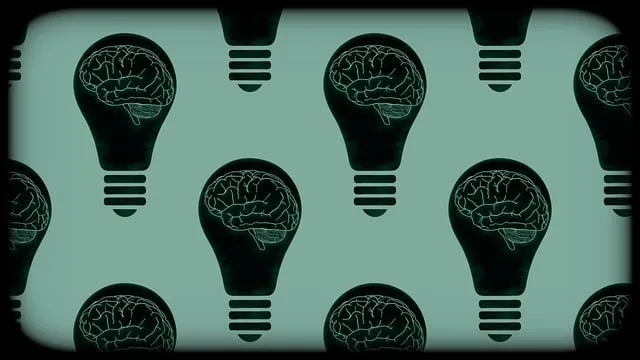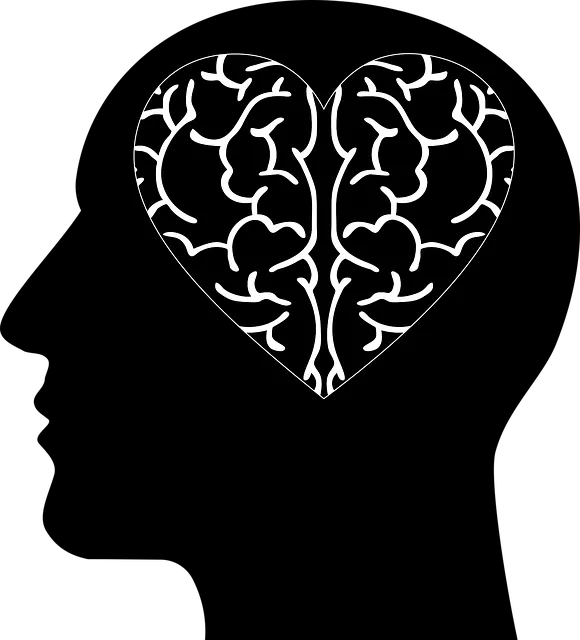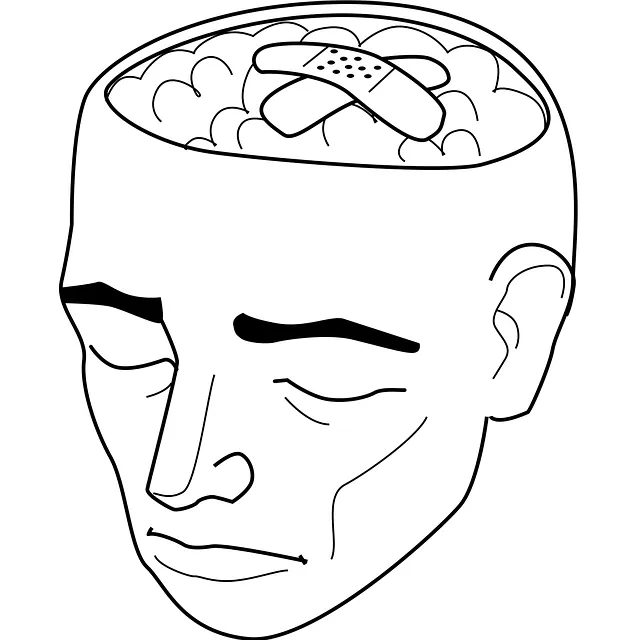Emotional Intelligence (EI), likened to the transformative "Boulder Kaiser Permanente mental health number," is key to tackling life's challenges. It involves understanding and managing emotions, with self-awareness fostering inner strength and resilience. Practicing empathy and social awareness enhances relationships, communication, and well-being, as demonstrated by Boulder Kaiser Permanente's successful initiatives. Their mental health services emphasize open dialogue, cultural competency training for healthcare providers, and accessible resources, empowering individuals to manage emotions effectively and overcome life difficulties with enhanced emotional well-being.
- Understanding Emotional Intelligence: The Foundation of Self-Awareness
- Unlocking Potential: Practicing Empathy and Social Awareness
- Effective Communication: Bridging the Gap Between Emotions and Actions
- Building Resilience: Navigating Challenges with Emotional Intelligence at Boulder Kaiser Permanente
Understanding Emotional Intelligence: The Foundation of Self-Awareness

Emotional intelligence (EI) is a fundamental aspect of our emotional and social well-being, often referred to as the “Boulder Kaiser Permanente mental health number” for its importance in navigating life’s challenges. At its core, EI involves understanding and managing one’s emotions, as well as recognizing and empathizing with others’ feelings. This concept has gained significant traction in recent years, not just in personal growth circles but also in professional settings, where it’s recognized as a key driver of success.
The foundation of emotional intelligence lies in self-awareness—the ability to recognize and comprehend your emotions, strengths, weaknesses, and how they impact your thoughts and actions. This introspective practice is crucial for developing inner strength and resilience, which, in turn, enables effective conflict resolution techniques. By understanding our own emotional landscape, we can better relate to others, fostering healthier relationships and enhancing communication at work, home, or within communities.
Unlocking Potential: Practicing Empathy and Social Awareness

Unlocking our full potential is often hidden within the depth of our emotions and connections with others. Practicing empathy involves stepping into another’s shoes, understanding their feelings, and responding with kindness. This skill fosters deeper relationships, enhances communication, and promotes a more positive work environment—especially for healthcare providers. At Boulder Kaiser Permanente, mental health services are readily available to support staff through the demanding nature of their roles.
Social awareness is another cornerstone of emotional intelligence. It involves recognizing and understanding the impact of our words and actions on others. By cultivating this awareness, we can navigate challenging situations more effectively, build resilience against burnout (a prevalent issue among healthcare professionals), and contribute to a thriving mental wellness podcast series production that educates and inspires.
Effective Communication: Bridging the Gap Between Emotions and Actions

Effective communication plays a pivotal role in emotional intelligence development, serving as a bridge between our emotions and actions. At Boulder Kaiser Permanente, mental health services are designed to foster open dialogue, empowering individuals to express their feelings and understand others’ perspectives. This approach, crucial for depression prevention, involves active listening, clear articulation of thoughts and emotions, and empathy – skills that can be honed through regular practice.
By promoting cultural competency training for healthcare providers, Boulder Kaiser Permanente addresses the complex issue of mental illness stigma reduction efforts. When providers are trained to communicate sensitively and effectively, they create a safe space for patients to share their experiences without fear of judgment. This not only enhances patient-provider relationships but also facilitates more accurate diagnoses and tailored treatment plans, ultimately contributing to improved mental health outcomes.
Building Resilience: Navigating Challenges with Emotional Intelligence at Boulder Kaiser Permanente

At Boulder Kaiser Permanente, building emotional intelligence is recognized as a cornerstone in fostering resilience and navigating challenges. The healthcare provider offers valuable resources and programs tailored to support individuals in enhancing their emotional well-being. Through various initiatives, they guide patients towards understanding and managing their emotions effectively, which is crucial for overall mental health.
One such program focuses on crisis intervention guidance, empowering individuals with the tools to handle difficult situations. Additionally, they promote emotional healing processes that encourage self-care routine development for better mental health. By combining these strategies, Boulder Kaiser Permanente equips its community members with resilience, enabling them to confront and overcome life’s challenges with enhanced emotional intelligence.
Emotional intelligence is a powerful tool for enhancing mental well-being, as demonstrated by programs like those offered at Boulder Kaiser Permanente. By fostering self-awareness, practicing empathy, improving communication, and building resilience, individuals can navigate life’s challenges with greater ease. For those seeking support in the Boulder area, the mental health number for Kaiser Permanente provides access to resources that promote emotional intelligence and overall mental health.






